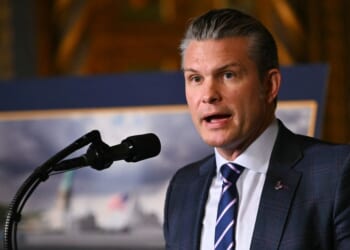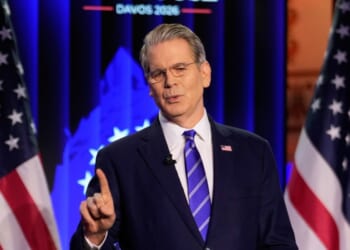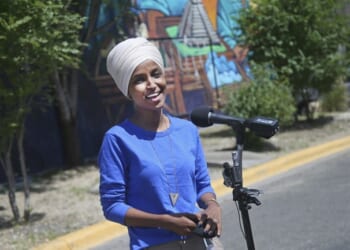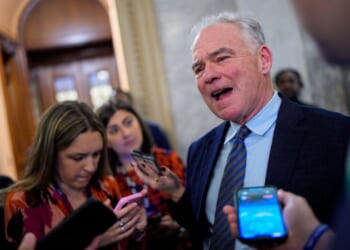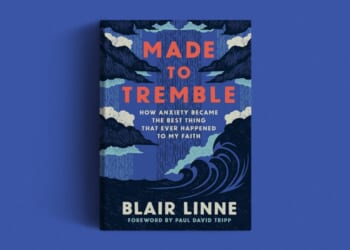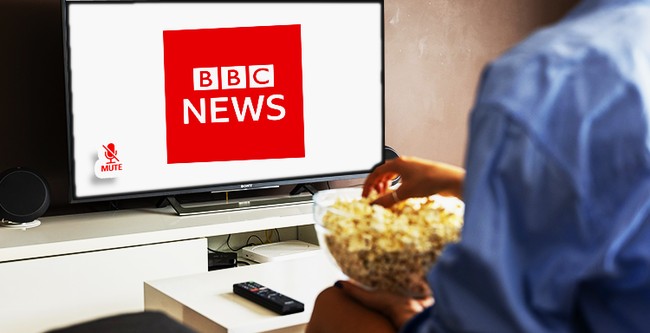
The Edit Heard Around Two Continents
Inside a newsroom that prides itself on accuracy, a story such as this should never have happened.
Stitching together two sections of President Donald Trump’s January 6 speech, the BBC released a documentary segment that placed remarks nearly an hour apart into a single, seamless line. This edit gave the impression that Trump called for confrontation rather than peace.
Initially, the speech contained the words “peacefully and patriotically,” which were removed during editing. Later, evidence showed viewers were intentionally misled, according to a whistleblower cited by the New York Post.
It was a regrettable lapse in judgment, the BBC claimed. Yet the apology didn’t cool things down; the BBC also rejected any claim for damages and insisted that the edit didn’t constitute defamation under British law, a technical defense that didn’t change the central fact that the most famous media brand in the United Kingdom produced an edit that altered historical meaning.
Even though the world noticed, Washington noticed more.
Trump’s Reaction Raised the Stakes
A long memory and sharper instincts were the kind of force President Trump responded with, announcing a significant lawsuit against the BBC. His legal team estimated potential damages between $1 billion and $5 billion, focusing on reputational and financial harm stemming from the deceptive edit.
A member of the dinosaur media, Time magazine, described his legal posture as aggressive, confident, and prepared to challenge the BBC on every front.
No apology can repair the damage done by a global media giant that shapes international perception, the Trump team argues.
Trump also views the moment as an opportunity to hold Western institutions accountable, institutions that grew accustomed to insulation from criticism. These organizations operated for decades as referees rather than participants, with Trump arguing those days are gone and the public demanding honesty, rejecting any attempt to bend the record. When an edit changes meaning, accountability needs to follow.
A Former Prime Minister Speaks Out
Liz Truss, a former British prime minister, offered a more blunt assessment, calling the BBC a “laughingstock,” a comment that appeared in multiple outlets.
Truss has criticized the broadcaster’s political bias for quite some time; her latest comments carried more sting because they came amid an international controversy. When a former PM calls for significant reform or the defunding of the BBC, it’s a criticism that lands much harder, reinforcing the recognition that Trump’s frustration with powerful media institutions now crosses oceans.
Something larger exists when an alignment between an American president and a former British leader occurs. Public frustration with institutional arrogance has reached a point where traditional excuses no longer work; too many citizens in too many countries view their media class as gatekeepers rather than those seeking the truth.
The BBC created a movement that forced its critics to ask whether its problems stem from accident or pattern.
What the Moment Reveals
A vital truth was revealed during this episode: editing choices reshape the national record when established institutions forget their purpose. Mistakes are one thing the public can tolerate (we’re human after all), but distortion doesn’t cut it.
The BBC used to stand as the gold standard of sober, careful journalism; it needs to earn back that trust through more than a simple apology. Trust requires transparency, humility, and the recognition that audiences no longer accept the idea that their betters know best.
Straight out, Trump recognized the larger stakes, as did Truss. This battle isn’t about a simple documentary cut. It concerns institutional honesty in a world that feels increasingly manipulated by the people charged with informing it.
Final Thoughts
Media organizations rise or fall on the trust they keep, something the BBC forgot. The truth survives only when the hands shaping it stay steady. Trump reminded everyone that the public no longer accepts blind deference, while Truss reminded Britain that even old institutions lose legitimacy when their work betrays their mission.
This lawsuit will keep the world interested, of course, but the deeper verdict has already arrived. Viewers across two continents now question what they once accepted without hesitation. It’s a shift that carries weight, and the BBC created it through a single careless cut that spoke louder than anyone imagined.
Enjoy columns that expose institutional failures without bowing to the narrative. PJ Media offers deep reporting, sharp commentary, and honest analysis for those who refuse scripted news. Join our growing VIP community today and support independent journalism that fights for truth.
Join PJ Media VIP and use promo code FIGHT to get 60% off your membership.



